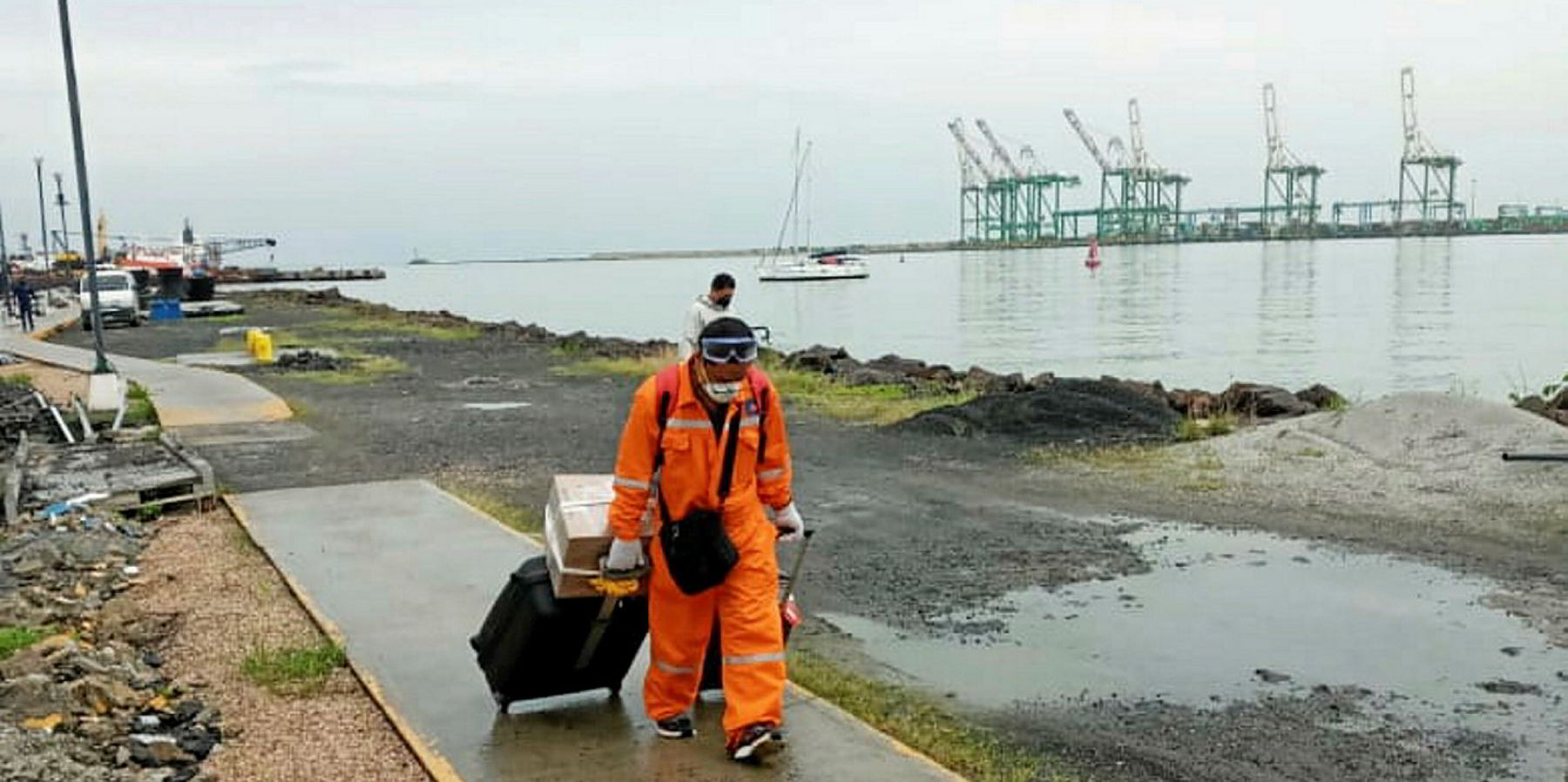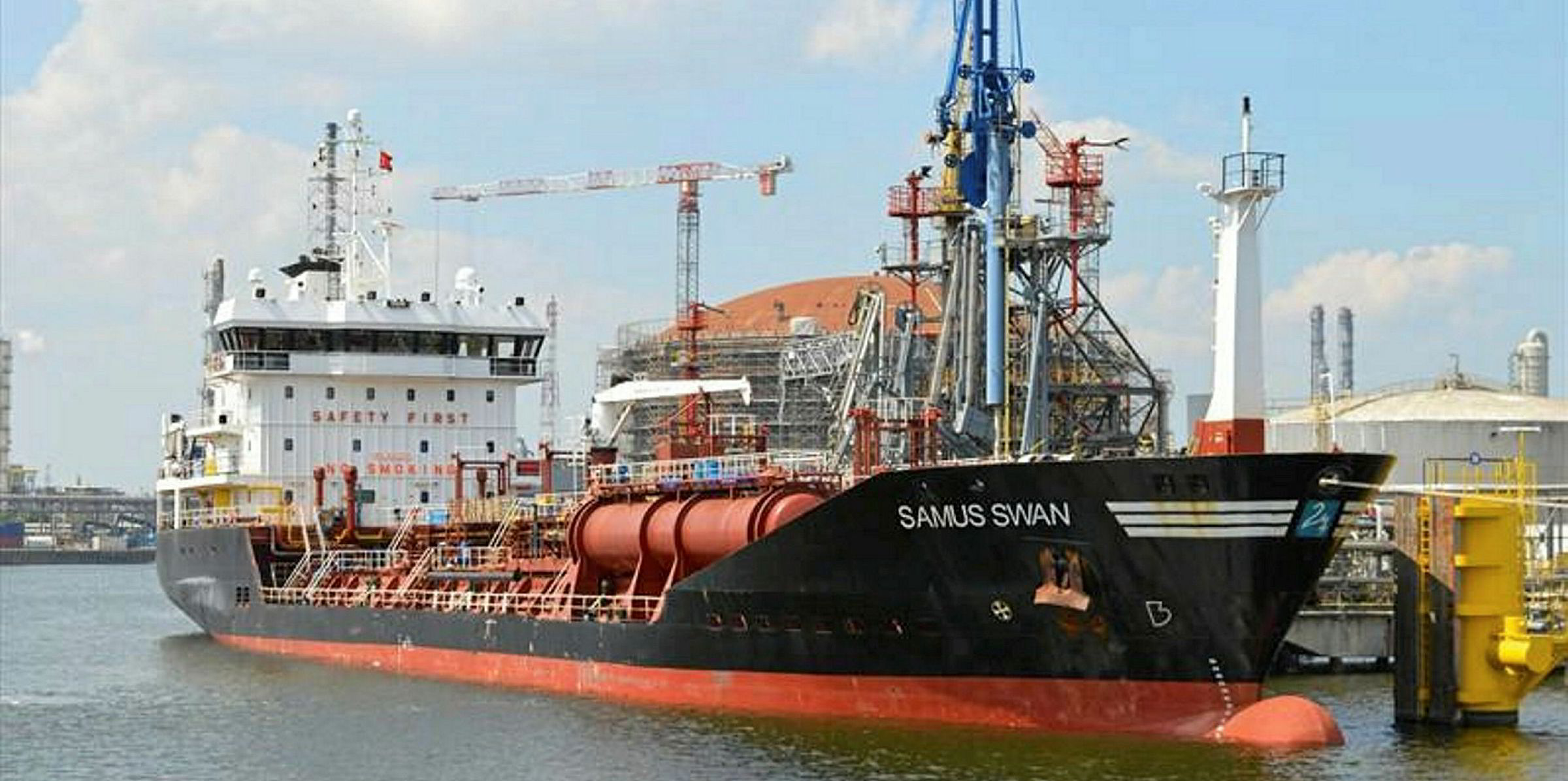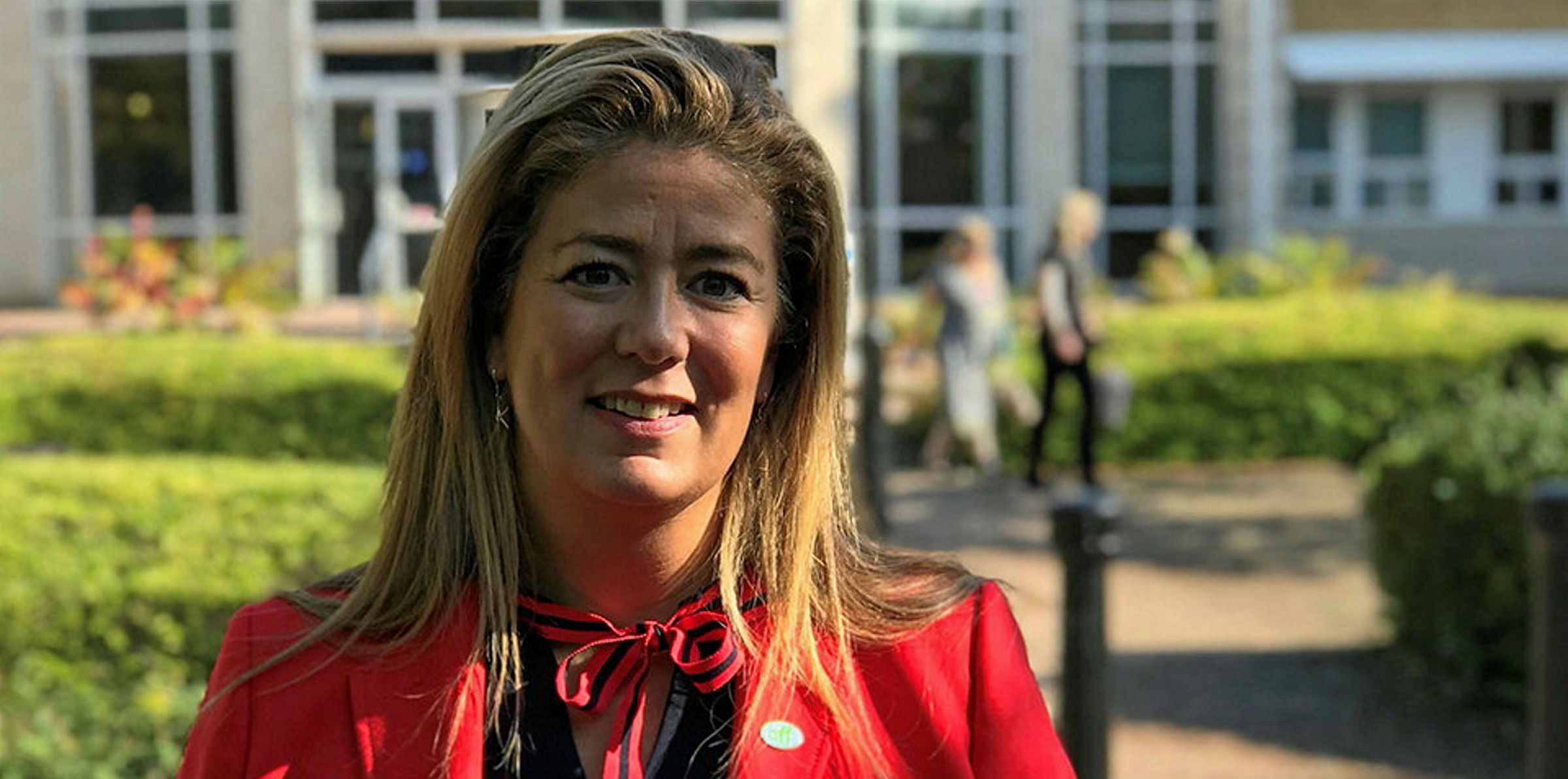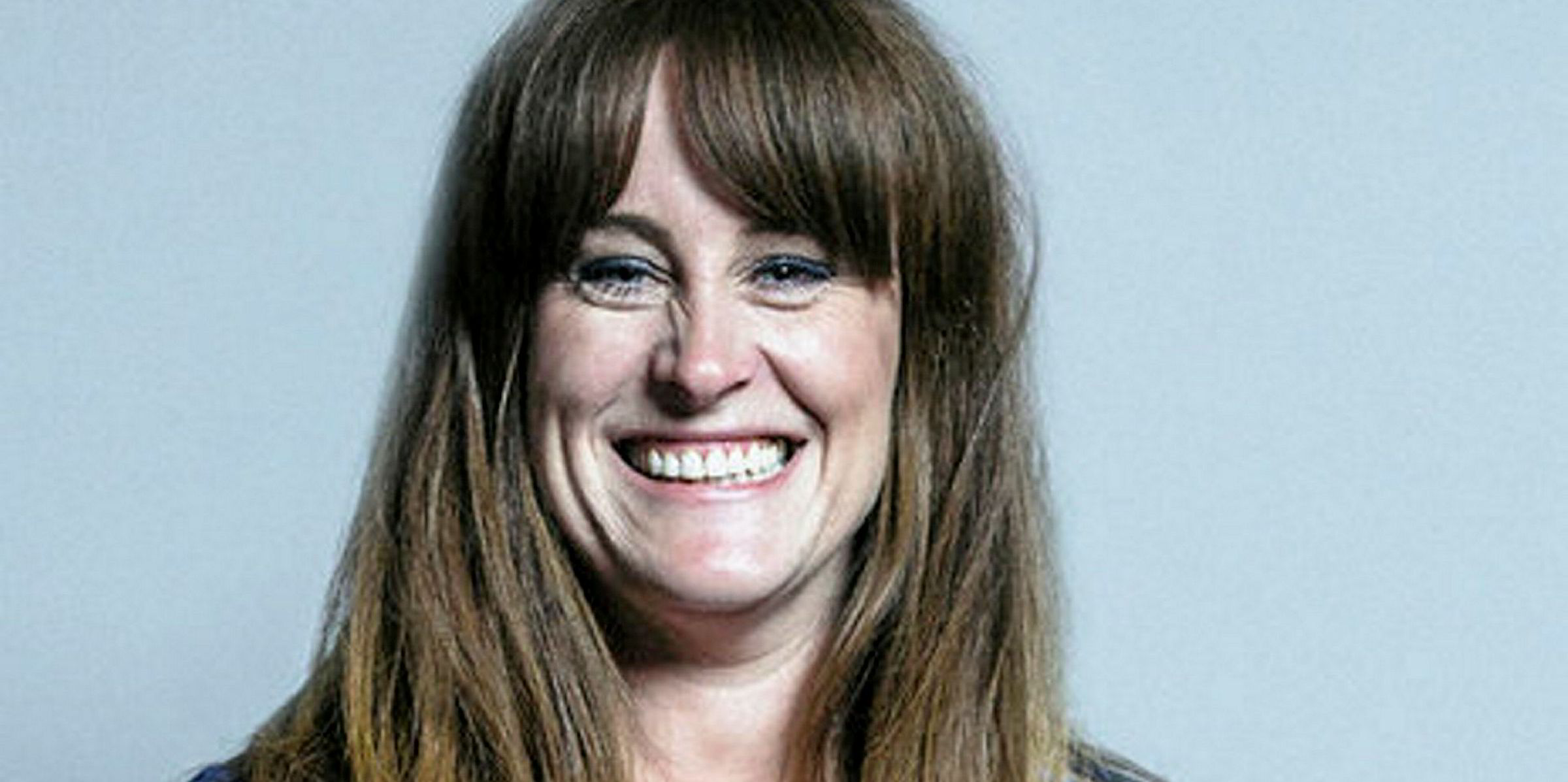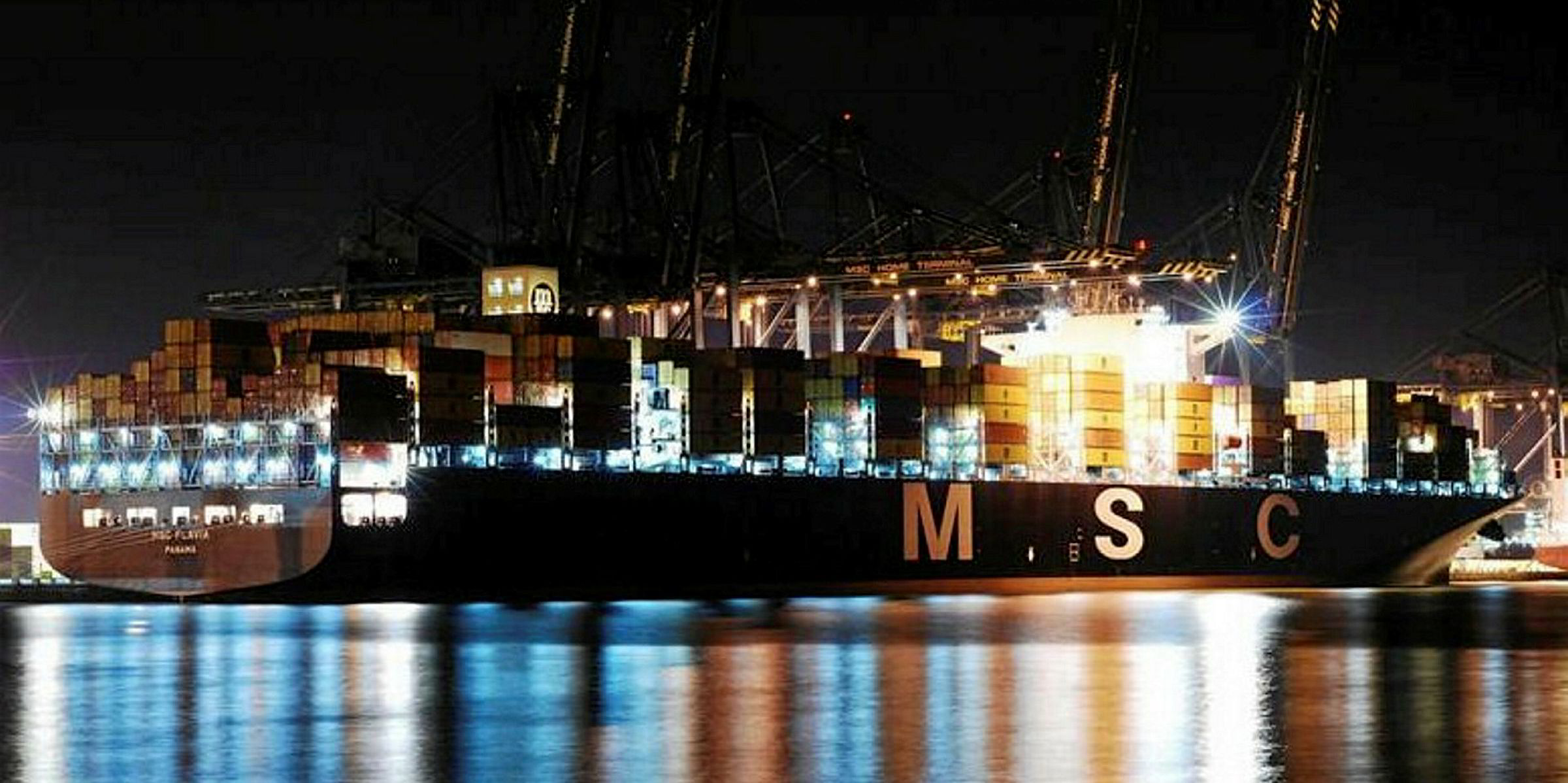After months of begging by trade groups and their union putting its foot down, seafarers are finally getting key worker status in certain jurisdictions.
Following a summit led by UK Transport Secretary Grant Shapps and Maritime Minister Kelly Tolhurst, representatives from more than a dozen countries including Norway, Denmark, Indonesia, Saudi Arabia, Greece, the Philippines, the US, and the United Arab Emirates have agreed to measures to help get seafarers home.
"I am deeply concerned about how the global crisis has affected crew changes across maritime transport," Tolhurst said in a statement.
"I called today’s summit to turn the tide on the struggles seafarers have faced during this crisis and through today’s commitment we will speed up repatriation for crews globally."
The countries agreed to open up borders to seafarers and increase the number of commercial flights to help with repatriation efforts.
As many as 200,000 seafarers have been stuck aboard their ships, some for a year or more, as most national governments have been slow to allow crew changes due to fears over the spread of Covid-19.
This is despite commercial shipping carrying the vast majority of global trade.
The IMO, together with labour and industry groups, in early May released a 12-step plan covering a seafarer's journey from home to the ship and back in an effort to alleviate pandemic fears.
That was followed by a 26-point programme from the United Nations-backed regulator on Monday, providing guidance on getting seafarers ashore to receive medical attention. Some countries had refused to do so.
The situation had grown so dire that suicide became the leading cause of death among ship crews.
In mid-June, the International Transport Workers' Federation said it would help any seafarer who wants to leave his or her ship to return home after worldwide inaction, blaming authorities for any issues with the global supply chain this may cause.
IMO's secretary-general Kitack Lim said the well-being of crew "should not be compromised".
"The humanitarian crisis seafarers face has implications for all of us, for the world economy and for the safety of life at sea and the environment," he said.
Earlier on Thursday, North P&I Club chief executive and International Group of P&I Clubs chairman Paul Jennings said the summit should be used to come to a collective solution.
"We are all aware that it is challenging and can take time to find solutions that are globally acceptable but that is not an excuse for inaction," Jennings said in a statement applauding the UK's initiative on the matter.
The UK had remained open for crew changes during the global pandemic, allowing seafarers to stay on board, come ashore or be repatriated with the help of health authorities.
